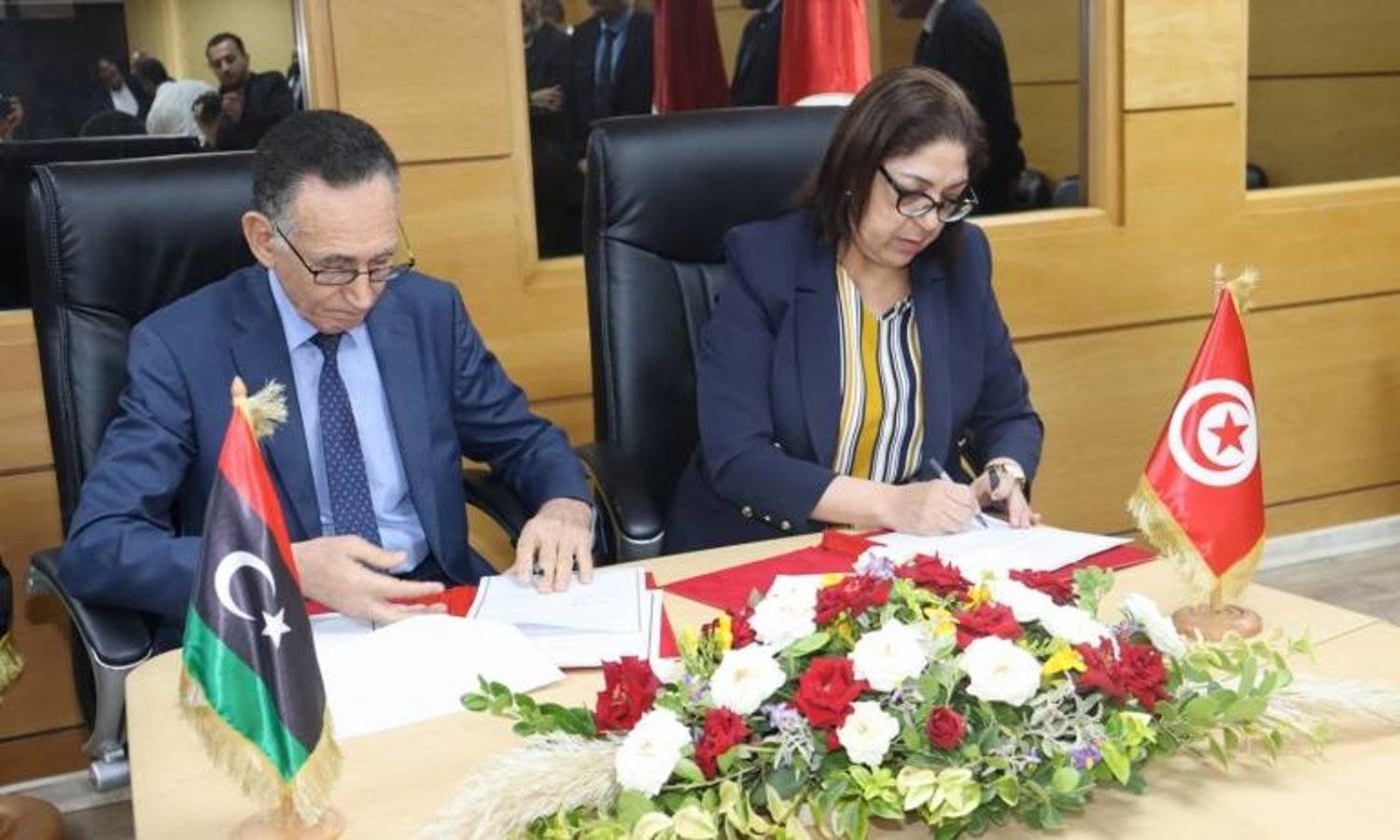Tunisian-UN talks advance major continental trade corridor in Africa

Tunisian-UN talks advance major continental trade corridor in Africa
The Tunisian government has prioritized the Tunisian-Libyan Continental Trade Corridor project, recognizing it as a strategic move to diversify economic partnerships and forge robust trade relationships with African nations. This initiative aims to foster regional integration amid concerns over political instability in neighboring countries and logistical challenges in the region.
During a meeting with Tunisian Minister of Trade and Export Development, Kalthoum Ben Rejeb, and Adam Elhiraika, Regional Director for North Africa at the UN Economic Commission for Africa (UNECA), Hanan Morsy, UNECA’s Deputy Executive Secretary, emphasized the need for enhanced cooperation.
She highlighted the potential of land trade corridors to boost trade within North Africa and connect it with the rest of the continent. Morsy assured UNECA’s full support in strengthening connectivity in North Africa and advancing intra-African economic relations.
According to a statement from the Tunisian Ministry of Trade, Ben Rejeb noted that Tunisia has made significant strides in integrating into African economic communities, executing 93 export operations under the Africa Continental Free Trade Area (AfCFTA) initiative.
She reiterated that engaging with Africa and achieving regional integration is a strategic priority and a national imperative.
Ben Rejeb also pointed out the various areas of cooperation between Tunisia and UNECA that need further exploration and detailed discussions between experts from both sides.
She stressed the importance of identifying priorities and closely monitoring the implementation of planned projects.
During the Tunisian-African Business Meetings organized by the Ministry of Trade and Export Development on July 2-3, nearly 4,000 professional meetings were held, bringing together Tunisian companies with counterparts from 25 African countries.
The Tunisian-Libyan Continental Trade Corridor project, which aims to connect Tunisia and Libya with five landlocked African countries—Chad, Niger, Mali, Burkina Faso, and the Central African Republic—represents a model for achieving economic integration and regional connectivity.
The corridor will commence from the Ben Guerdane Free Trade Zone and the Ras Jedir border crossing, recognized as Africa’s largest land crossing and a gateway to the continent.
In August of the previous year, Tunisia and Libya officially announced the creation of this continental trade corridor during a joint ministerial meeting at the Tunisian Ministry of Trade and Export Development, attended by Libya’s outgoing Minister of Economy and Trade, Mohamed Ali Al-Huweij.
Tunisia has also proposed several initiatives to enhance continental integration, such as the establishment of the African Digital Trade Centre, which Tunisia insists should be headquartered in the country—a proposal reiterated at the African summit in 2016 and again in 2022.
Both nations aspire to achieve a bilateral trade volume of 5 billion dinars ($159.7 million).
However, security and political challenges, including developments in neighboring countries like Mali and Niger and ongoing instability in the region marked by escalating migration and inadequate infrastructure, pose significant obstacles.
Despite growing demand for manufactured goods and services offering Tunisia opportunities to boost its economy through African integration, progress remains slow.
Tunisia ranks 29th in exports to Africa and 28th in attracting foreign investments on the continent, despite having one of the most favorable legal environments in Africa.
Nonetheless, the trade volume between Tunisia and Libya saw an upward trend, reaching 3.027 billion Tunisian dinars ($976.451 million) in 2022, up from 2.020 billion dinars ($651.612 million) in 2021, reflecting a growth rate of 49.8%.
About The Author
dailymailafric
I am an avid African news observer, and an active member of Daily Mail Africa.
I’m Passionate about staying informed on diverse topics across the continent,
I actively contribute to publishing on political, economic and cultural developments in Africa.



